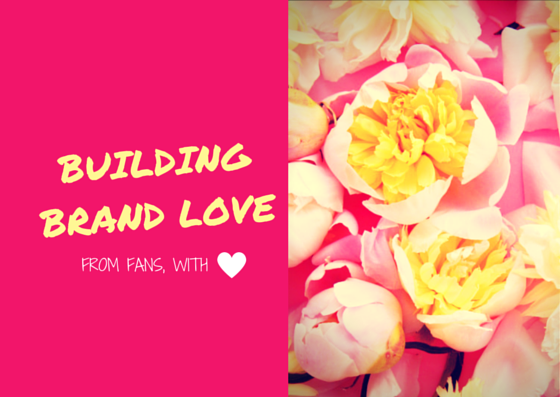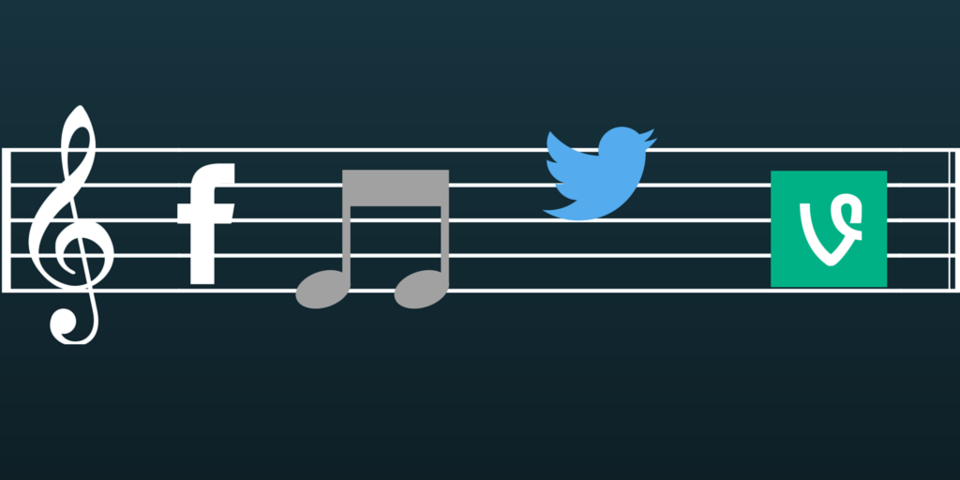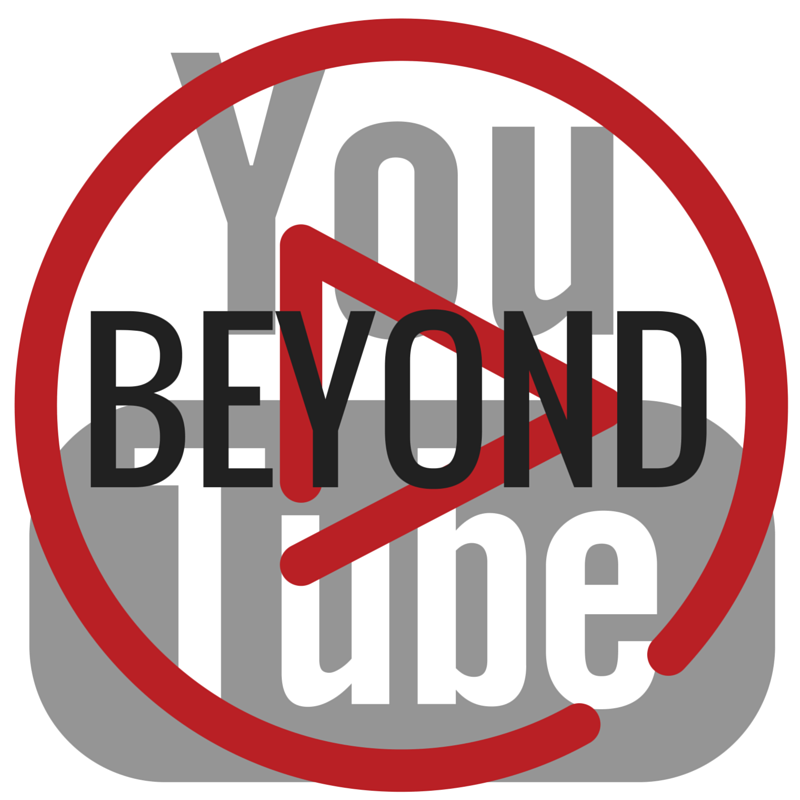TOP TALK
What These 3 Brands Did to Make Us Love Them

Posted By Sue Parente on February 10, 2015
All of us know the difference between “like” and “love.” I like my local gym, but I love my personal trainer who motivates me to reach my personal goal. I like my iPhone, but I love only a handful of apps that navigate me through the day. In both cases, I could easily replace the first, but would go to great lengths to keep the second.
So what takes us that crucial step from like to love? From taking the choice of least resistance to becoming a dedicated fan and brand advocate? How do brands capitalize on momentum to keep customers coming back for more? Let's look at three brands that have won the devotion of their customers and see if we can put our finger on what spells the difference between them and their competitors.
Chipotle: Beyond the Burrito
I have to admit that, at first, I couldn't figure out what was so great about Chipotle. It seemed like just another fast food Tex-Mex restaurant with remarkably sparse atmosphere. But over the course of the past two years, it's turned into my family's go-to quick dining spot and rivals Starbucks for the #1 gift card for birthdays and holidays within our broader community of friends and family. Why Chipotle instead of Subway, Panera or any other quick serve restaurant emphasizing quality ingredients?
Last summer, we highlighted here a series of articles in the Harvard Business Review on the future of marketing. In one of the articles, titled “The Ultimate Marketing Machine,” researchers Marc de Swaan Arons and Frank van den Driest talk about how the highest performing marketers excel at communicating brand purpose at the “functional, emotional and societal level.” Chipotle's “Food with Integrity” mission follows this principle beautifully. They've made their restaurants not just about a good tasting burrito; they've made it about the importance of healthy ingredients, healthy animals, a healthy local farming industry and a healthy environment. That's a whole lot of healthy-conscience in one meal. And that message is reinforced in creative and memorable ways throughout their marketing.
With fast food having been a guilty pleasure for many of us and a concept rejected more and more by the health-conscious Millennial and GenZ generations, it was a relief to have a choice that removed the guilt on multiple levels. This might explain why Chipotle sits in the top 10 alongside much bigger and more established brands on Hootsuite's “Love List” of companies receiving lots of social media love.
Vineyard Vines: The Promise of the Endless Summer
Stamford, CT-based, regional clothing retailer Vineyard Vines has single-handedly turned a whole new generation of 20- and 30-somethings into preppy-loving fashion plates. Its classic khaki shorts and polo-style shirts, complete with whale emblems, has taken off like wildfire in the Northeast and is quickly spreading west now to states such as Ohio, Missouri and Texas. But what is it that Vineyard Vines offers that Izod and the original Polo don't?
It started with a story; the story of two brothers, Shep and Ian, who found themselves uninspired by their jobs on Wall Street and who decided to chuck it all to do what they really wanted to do--- sell ties (instead of always having to wear one), and spend more time on the water in Martha's Vineyard. Their ties and business captured a mindset that said “no matter what I'm doing, my heart is really fishing, boating, windsurfing or having a cocktail on the island right now!” The company targeted college students and young professionals who were hungry for a message about greater life balance and how success comes with plenty of downtime on a sunny beach or dock somewhere. They've become a kind of Hyannis Port-Kennedyesque version of the Life is Good brand and have quickly grown to employ 150 people with 40+ stores. The sailing winds appear favorable for them.
Tesla: A Driving Vision
Have you ever talked to a Tesla owner? In most cases, you don't even have to approach them. Just glance their way, then they'll launch into a conversation about how much they love their Tesla and invite you to take a closer look. They are the most obviously smitten group of consumers I've ever encountered since the early days of Apple.
In Tesla's case, it almost isn't a fair fight, because the design of the car alone is enough to get your heart racing. But the company seals the deal with the truly remarkable way it has redesigned every aspect of the car buying experience. The test-drive-by-appointment-only and manufacturing-by-reservation approach ensures the customer feels he or she is part of a very special club. The entire pre and post-sale communication is firmly rooted in the message that becoming a Tesla owner is sharing in a vision where achieving zero emissions isn't only possible, it's the future and the future is beautiful. You not only can look and feel great, but contribute to the greater good, all at the same time. Maybe this is why even Apple employees are defecting to Tesla.
Appealing to our Better Selves
So, do you begin to see the pattern? The brands we love, help us to love ourselves a little more. When we're eating better, contributing to the greater solution, taking care not to hurt others or our planet, and doing the things we enjoy, we are happier people. How does your brand make your customer or client happier? If you can't answer that, you might find yourself in the lonely-hearts club.



